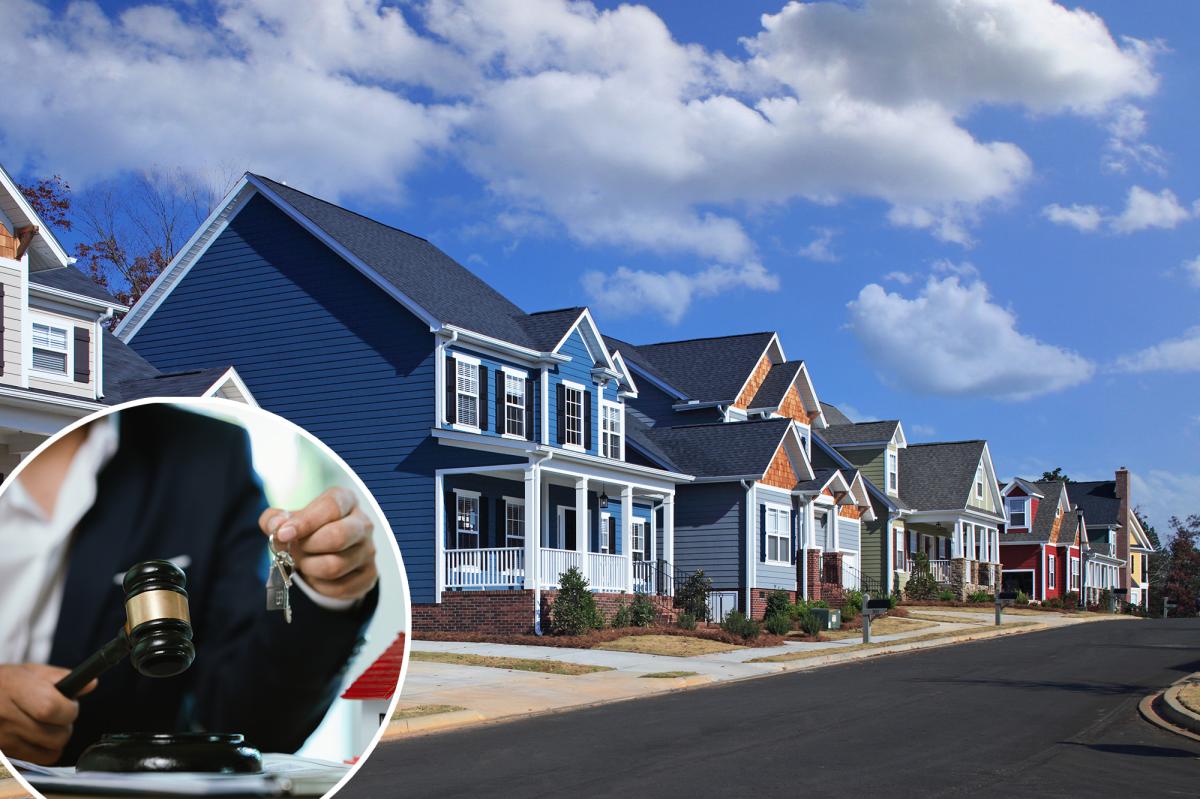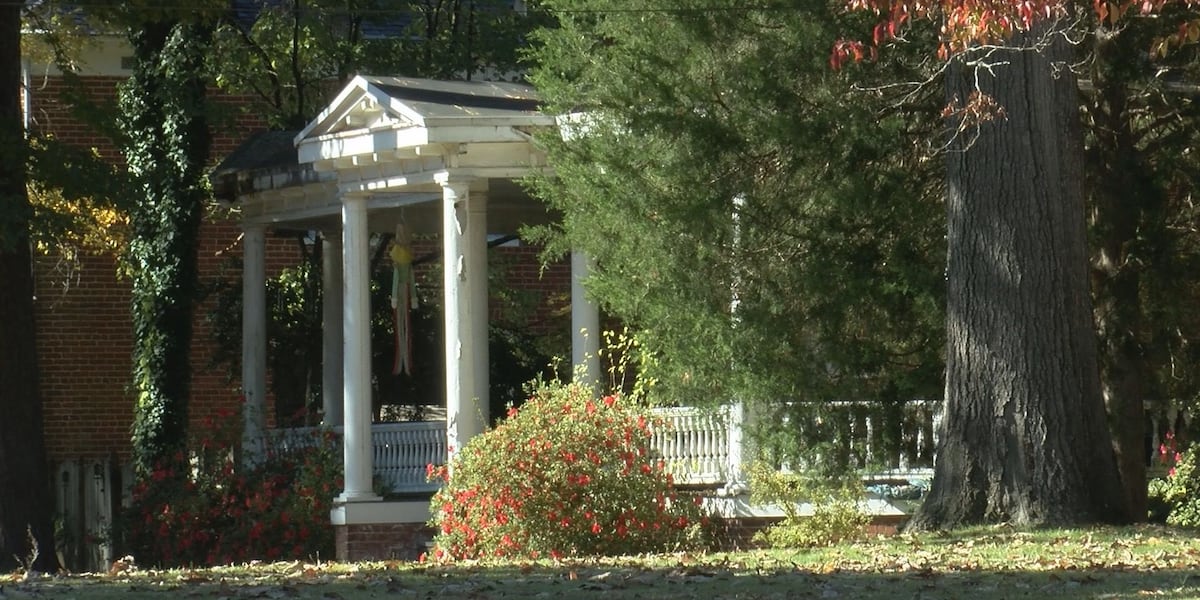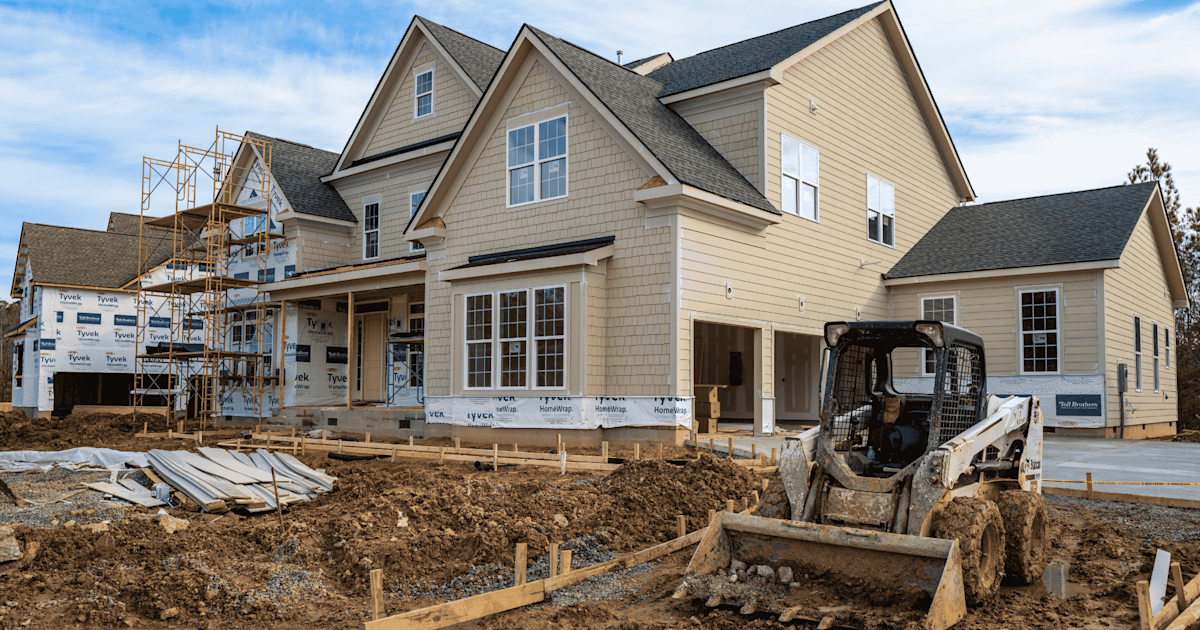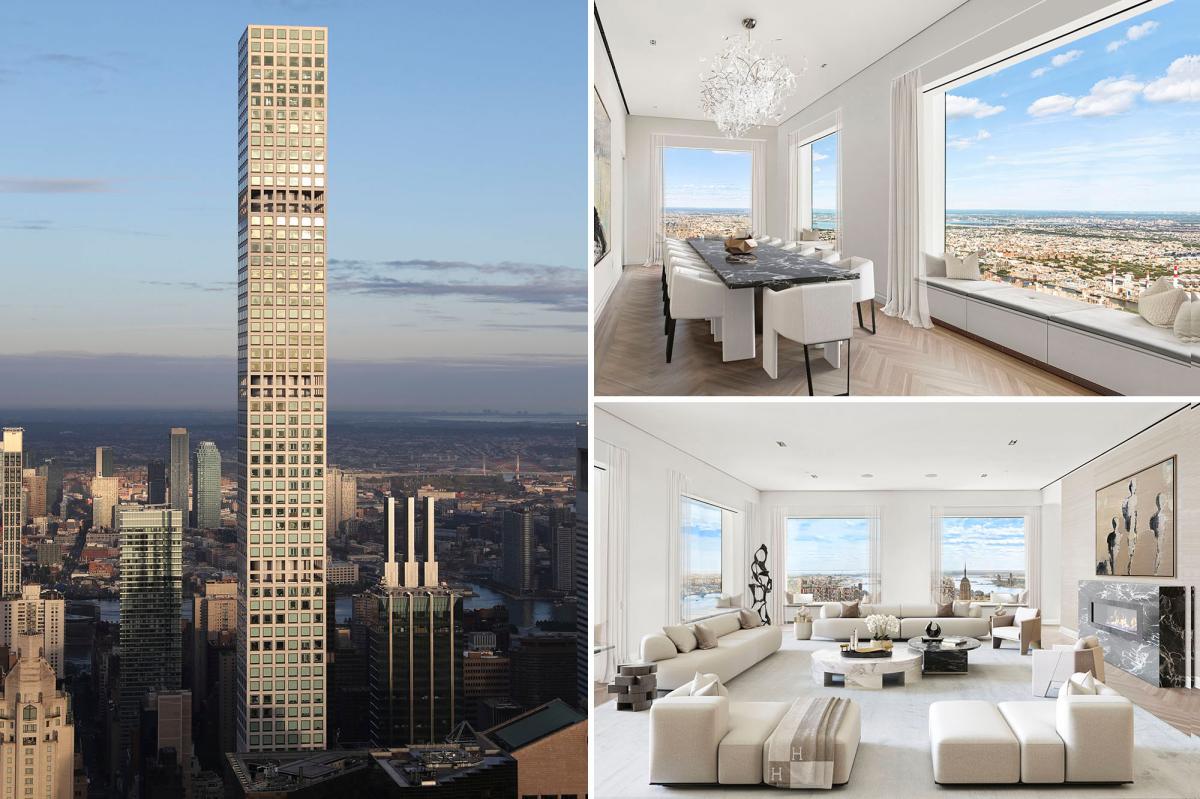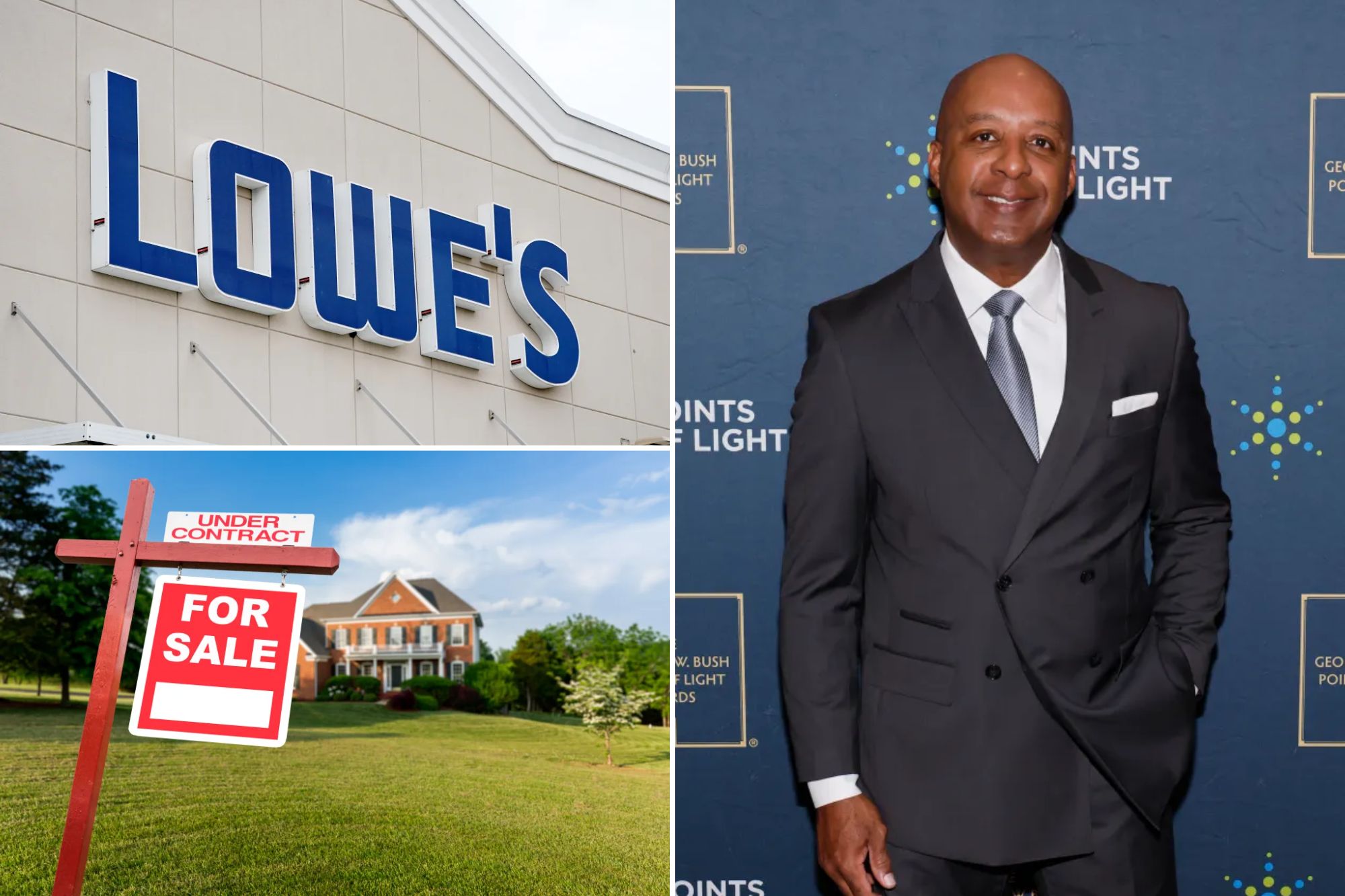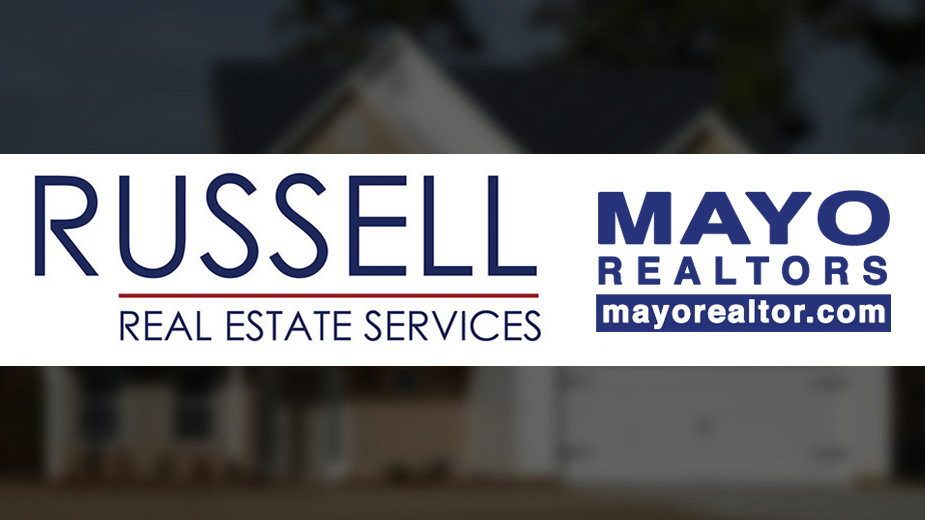A
20‑year analysis of almost 14 million U.S. home sales across 30 states shows that buyers who win bidding wars often pay too much and earn lower returns. Those who bid above the asking price overpay by roughly 8 % and, on average, earn annual returns 1.3 percentage points less than buyers who avoid competitive offers. Over a typical 6.3‑year ownership period, this gap translates into a noticeable hit to appreciation, and such buyers are 1.9 percentage points more likely to default.
The effect is uneven. Lower‑income, Black, and Hispanic purchasers are more prone to overpay, and the “winner’s curse” is strongest in highly competitive markets such as Rochester, New York, where buyers also tend to resell quickly, suggesting impulse buying. As the housing market cools—foreclosures have risen 18 % year over year—those who overpaid during the pandemic‑era frenzy face heightened risk of financial loss.
The study argues that the curse is not inevitable. Improved financial literacy, clearer guidance for first‑time buyers, and greater market transparency could curb emotional bidding and reduce the likelihood of overpayment.
